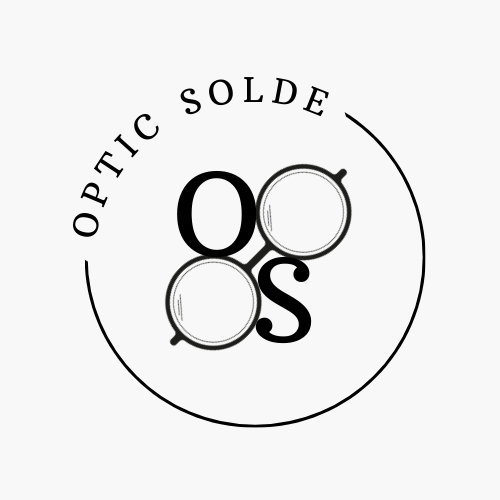Night Vision: Do You Need Special Glasses for Driving at Night?
As the sun sets and darkness engulfs the roads, driving at night can become a challenging task. Limited visibility, glare from headlights, and poor depth perception can make it more difficult to navigate the roads safely. Many drivers wonder if wearing special glasses for night vision can improve their driving experience and make it safer. In this article, we will explore the topic of night vision and discuss the need for special glasses while driving at night.
Understanding Night Vision
Before delving into the question of whether special glasses are necessary for driving at night, it is important to understand how our eyes adapt to low light conditions. Our eyes have a remarkable ability to adjust to different light levels. In low light, the pupils dilate to allow more light to enter the eyes, and the retina adjusts to utilize any available light efficiently.
However, certain factors can impede our night vision capabilities. Glare from oncoming headlights or reflections from wet roads can hinder visibility. Additionally, as we age, our eyes tend to become more sensitive to light, making night driving more challenging. These factors can make it tempting to resort to special glasses to enhance night vision.
The Need for Special Glasses
Contrary to popular belief, special glasses designed specifically for night vision may not be necessary for most people. The majority of drivers can navigate the roads safely without using any additional aids. In fact, wearing specialized glasses that claim to improve night vision can sometimes do more harm than good.
While these glasses may reduce glare, they can also diminish the amount of light reaching the eye, ultimately reducing overall visibility. This reduction in light can negatively impact depth perception, making it difficult to judge distances accurately. Furthermore, these glasses can alter the color perception, leading to distorted views of traffic signals and brake lights.
Alternatively, drivers can take proactive steps to enhance their night vision without the need for specialized glasses. Regular eye examinations are vital to maintaining good vision, especially for night driving. Ensuring that you have the right prescription glasses or contact lenses, if needed, can significantly improve your overall visual acuity on the road.
Tips for Enhancing Night Vision:
– Keep your windshield clean inside and out to minimize glare and maximize visibility.
– Adjust your headlights properly, ensuring that they are aimed correctly and not blinding other drivers.
– Dim your dashboard lights to reduce the contrast between your instrument panel and the outside darkness.
– Use the night setting or anti-glare function on your rearview mirror to minimize headlight glare from vehicles behind you.
– Avoid looking directly at oncoming headlights; instead, focus on the right side of the road.
Conclusion
While special glasses for night vision may seem like an appealing solution for safer driving at night, they are not required for the majority of drivers. In most cases, regular eye care, proper prescription glasses, and following a few simple tips can significantly enhance night vision and improve overall safety on the roads. Remember, when it comes to driving at night, it is always important to prioritize caution, attentiveness, and maintaining a clear field of vision.
